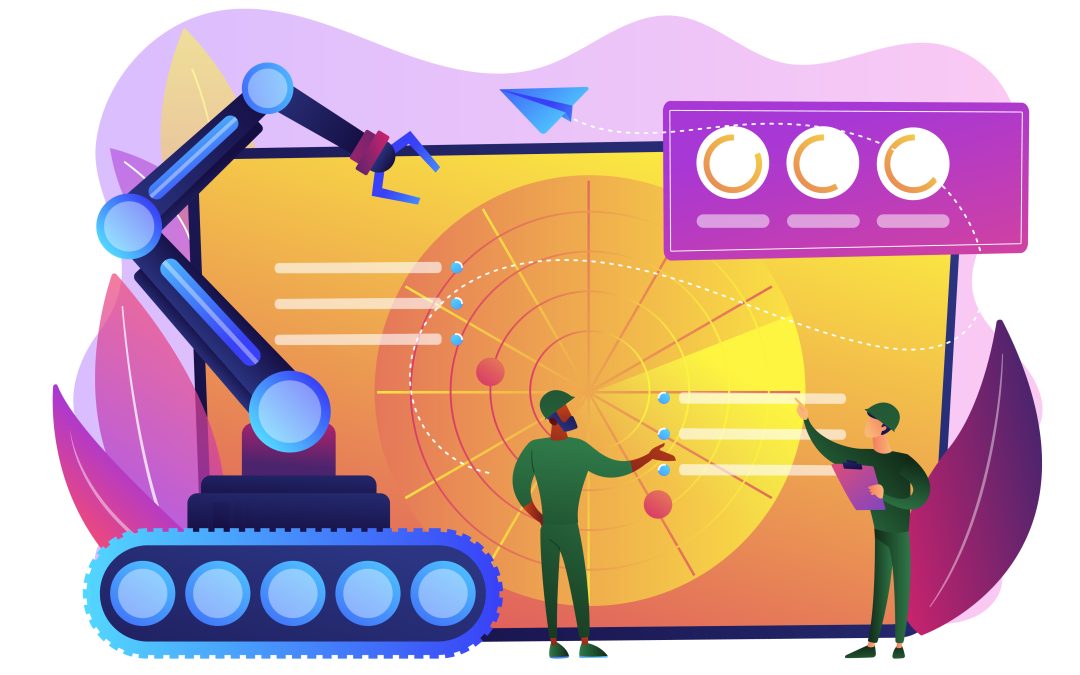In today’s rapidly evolving technological landscape, computing encompasses a broad spectrum of activities and innovations — from basic arithmetic operations performed by a computer to complex algorithmic problem-solving and data processing. For artificial intelligence (AI) analysts, computing forms the backbone of their efficiency, enabling the design, development, and deployment of AI models that drive transformative changes across industries.
This blog delves into computing’s integral role in enhancing the efficiency of AI analysts, exploring its facets in data processing, algorithm optimization, infrastructure support, and beyond.
The Foundations of Computing in AI Analysis
At its core, computing is utilizing computers to perform operations to solve problems or complete tasks. For AI analysts, this process involves leveraging computational tools and methodologies to:
Process Large Data Sets: AI’s data-intensive nature requires robust computing systems to handle vast information efficiently.
Train Machine Learning Models: Computing enables analysts to train AI models by iteratively adjusting parameters to minimize error and improve predictions.
Develop Algorithms: Analysts use computing to design, test, and refine algorithms tailored to specific use cases.
Deploy AI Solutions: Effective computing frameworks support the seamless integration of AI models into real-world applications.
Data Processing and Computational Power
Modern AI thrives on data. AI analysts need access to powerful computing systems to process raw data into usable formats to extract meaningful insights. High-performance computing (HPC) environments and distributed computing frameworks like Apache Spark allow for:
Efficient Data Preprocessing: Cleaning, transforming, and organizing data for analysis.
Parallel Processing: Dividing tasks across multiple processors to reduce computation time.
Real-Time Analytics: Enabling the immediate analysis of streaming data for applications like fraud detection or personalized recommendations.
These capabilities significantly enhance an AI analyst’s efficiency by automating repetitive tasks and speeding up complex computations.
Algorithm Development and Optimization
AI algorithms form the foundation of intelligent systems. Computing plays a pivotal role in the design and optimization of these algorithms:
Simulations and Testing: Computational environments allow analysts to simulate real-world scenarios and test algorithms’ performance under various conditions.
Optimization Techniques: Analysts utilize computing to implement optimization techniques such as gradient descent, which helps AI models learn from data effectively.
Automated Hyperparameter Tuning: Computing resources enable the automation of hyperparameter searches, improving model accuracy and reducing manual effort.
By harnessing computing power, AI analysts can streamline algorithm development and ensure their solutions are robust and scalable.
Automation and Machine Learning Operations (MLOps)
Computing also facilitates automation through MLOps — a set of practices that integrate machine learning workflows into software development pipelines. This integration includes:
Version Control: Tracking changes in datasets, code, and models.
Continuous Integration/Continuous Deployment (CI/CD): Automating the deployment of AI models into production.
MLOps reduces the manual workload of AI analysts, allowing them to focus on innovation rather than repetitive operational tasks.
Ethical Computing and AI
As AI systems become more pervasive, ethical considerations in computing have gained prominence. Analysts rely on computing to:
Ensure Fairness: Develop algorithms that minimize bias.
Maintain Transparency: Creating interpretable models and clear decision-making processes.
Protect Privacy: Implementing encryption and anonymization techniques to safeguard user data.
Ethical computing ensures that AI solutions are efficient but also responsible and trustworthy.
Future Directions: Quantum Computing in AI
The advent of quantum computing promises to redefine the efficiency of AI analysts. Unlike classical computers, quantum systems leverage quantum bits (qubits) to perform calculations at unprecedented speeds. Potential applications include:
Accelerating Optimization Problems: Solving complex optimization problems in logistics and drug discovery.
Enhancing Machine Learning: Improving the training of AI models with quantum algorithms.
Simulating Quantum Systems: Providing insights into quantum mechanics for material science and cryptography.
While still nascent, quantum computing represents a transformative frontier in AI analysis.
Conclusion:
Computing is the cornerstone of efficiency for AI analysts, providing the tools and infrastructure necessary to manage data, optimize algorithms, and deploy innovative solutions. From traditional HPC systems to emerging quantum technologies, the continual evolution of computing ensures that AI analysts can keep pace with their tasks’ growing complexity and scale. As the field advances, the symbiotic relationship between computing and AI will continue to drive breakthroughs that shape the future of technology and society.


